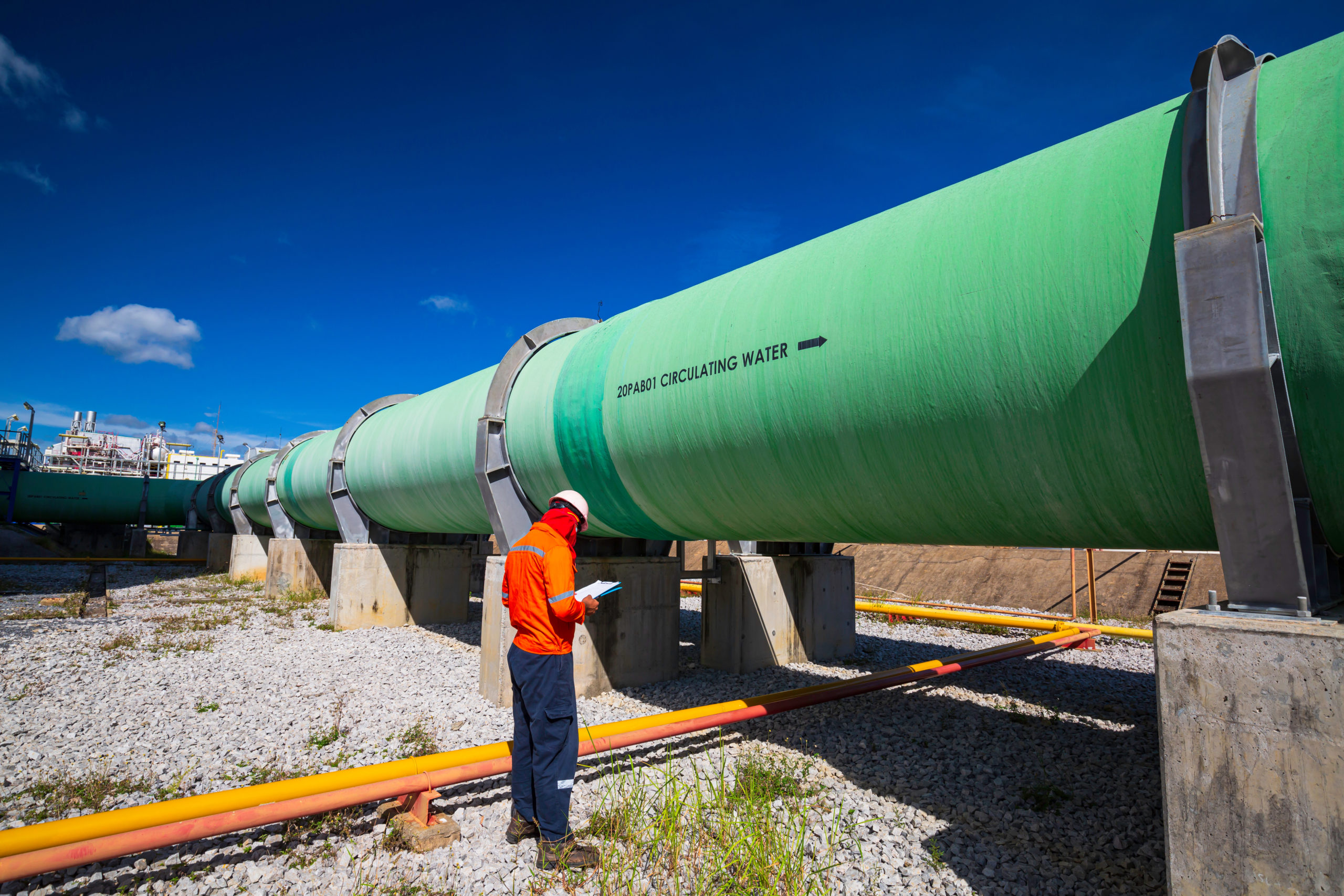April 5, 2006
The Honorable Dennis Hastert
Speaker
U.S. House of Representatives
Washington, DC 20515
On behalf of the members of the Interstate Natural Gas Association of America (INGAA), I am writing to share our comments on H.R. 4881, the “National Defense Critical Infrastructure Protection Act of 2006.” INGAA represents virtually all interstate and interprovencial natural gas pipelines in North America. These facilities deliver more than 90 percent of the natural gas consumed in the United States through a network of more than 200,000 miles of pipeline. H.R. 4881 would create significant operational and management difficulties for U.S. pipelines and would discourage new capital investment from important trading partners, such as Canada.
The United States currently produces about 84 percent of the natural gas that is consumed domestically. Another 14 percent of the natural gas consumed in the U.S. is imported via pipeline from Canada and the remainder is imported via tanker ship as liquefied natural gas from countries such as Trinidad. While gas markets in Mexico are not as fully connected with the continental natural gas infrastructure, the United States and Canada enjoy an integrated market that benefits both nations. The North American Free Trade Agreement (NAFTA) removed any remaining natural gas trade barriers and tariffs between the two nations. As a result, Canadian natural gas supplies, delivered via Canadian pipelines, are an important U.S. energy resource. The United States also attracts capital from countries such as Canada and France that is invested in domestic natural gas infrastructure projects. This free flow of capital and goods, which creates jobs and lowers our trade deficit, is exactly what the United States has advocated around the world for more than 50 years.
H.R. 4881 would take U.S. trade and investment policy in another direction, however, by placing strict limits and/or controls on the foreign ownership of “national defense critical infrastructure.” While that term is somewhat vaguely defined in the legislation, nothing would preclude the Secretary of Defense from interpreting it to both natural gas pipelines and liquefied natural gas (LNG) import terminals. Furthermore, the restrictions and controls proposed by H.R. 4881 would appear to apply equally to investment by any foreign nation or its citizens. Investment from Canada, Great Britain or France seemingly would be treated the same as would investment from Iran or North Korea. INGAA is concerned that such a blanket policy would invite traditional trading partners to respond in like kind, and the net result would only harm our national economy in the long run.
Mr. Speaker, the United States does not have the luxury of discouraging investment in natural gas supply and infrastructure. As the five-year increase in natural gas commodity prices has demonstrated so clearly, our nation urgently needs new natural gas supply. As you know, the Congress devoted considerable time and effort to crafting a set of regulatory and financial incentives to encourage the construction of a pipeline to bring Alaska natural gas supplies to the Lower 48. More than half the mileage of such a pipeline would be located in Canada, and it is reasonable to assume that Canadian companies would expect to have an opportunity to participate on equal terms in the ownership of that project. There is considerable doubt that H.R. 4881 would permit such a multinational ownership arrangement, even with respect individuals or companies domiciled in the country that is the United States’ most important trading partner.
The same is true with respect to LNG import terminals. Foreign energy companies currently own and operate LNG terminals in the United States and it is reasonable to assume that such companies will want the ability to compete on equal terms in constructing additional import facilities. Domestic consumers will benefit from the capital investment, expertise and competitive alternatives that these companies offer to bring to the U.S. energy market.
INGAA strongly supports increased infrastructure security in the United States. We respectfully suggest that, a better alternative would be to exercise or, should Congress find it necessary to legislate in this arena, improve the review process at the Committee on Foreign Investment in the United States (CFIUS). This process should differentiate between investment from U.S. allies and traditional trading partners, and those investments from countries that present real security threats.
Thank you for the opportunity to express our views on this important matter.
Respectfully,
Donald F. Santa, Jr.
President





